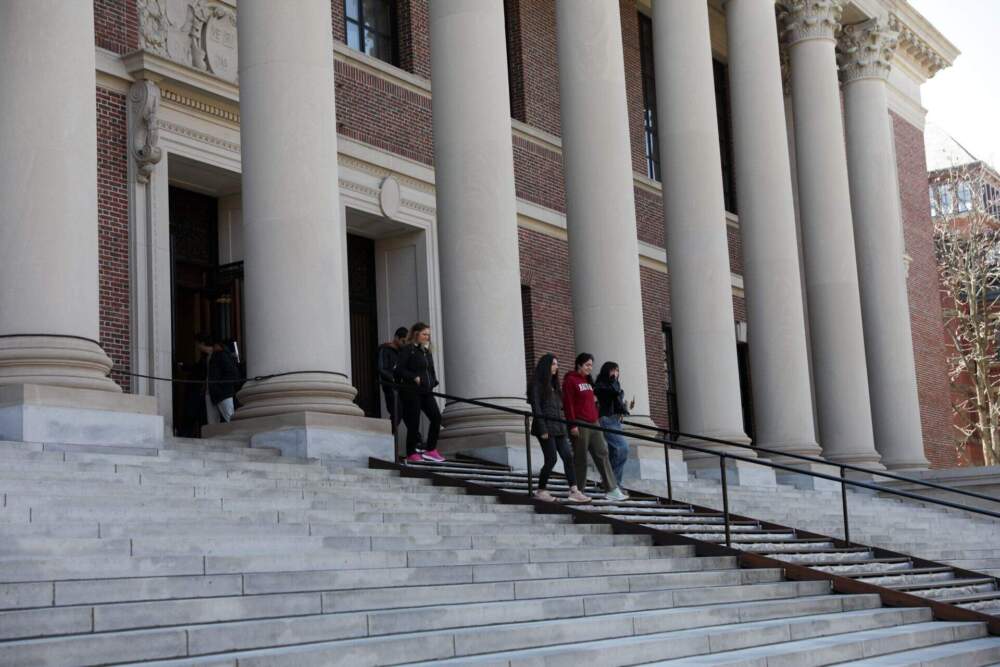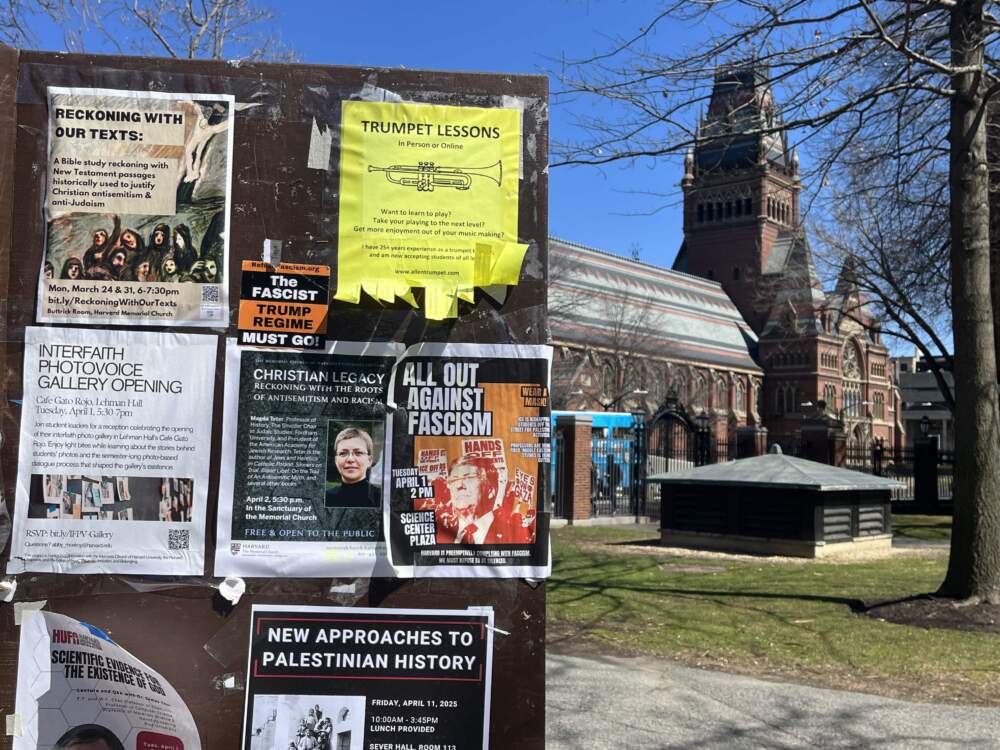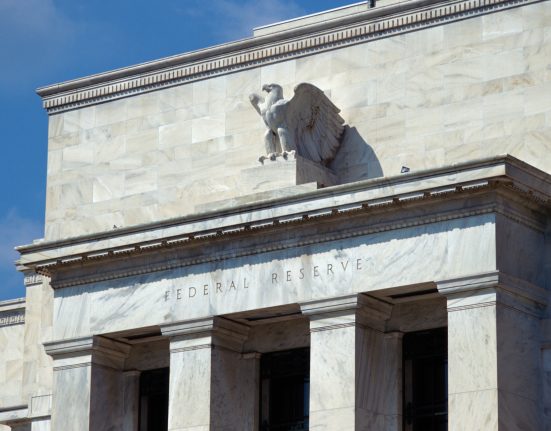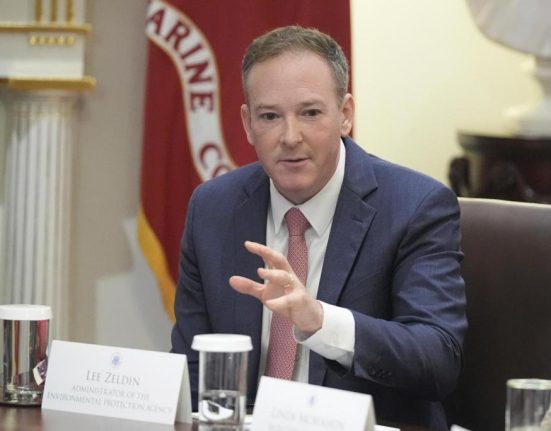Across Harvard’s campus, some students and faculty members expressed frustration and fears about the Trump administration’s threat to cut off billions of dollars in federal grants and contracts sent to the university.
On Monday, the government’s joint task force to combat antisemitism said it had placed Harvard and its roughly $9 billion in funds under review over what the feds claim are practices of discrimination against Jewish school community members.
While many students kept to business as usual on Harvard Yard on Tuesday, community members, particularly professors, focused on research expressed anxiety over the government’s review.

Nikolas Bowie, a Harvard law professor, said in a phone interview if the Trump administration follows through on the cuts, it would violate the university’s legal rights.
“They are illegal attempts by an authoritarian regime to usurp congressional authority and coerce universities into doing his personal bidding,” he said.
Bowie was one of the hundreds of faculty members who wrote a letter to leadership urging them to resist demands from the Trump administration.
The letter was issued in anticipation that Harvard, like Columbia University, would be targeted by the task force. At Columbia, administrators bowed to several “preconditions,” including changes to security and its Middle Eastern studies department, to negotiate the retrieval of $400 million stripped from the school after the feds’ lobbed similar accusations of antisemitism.
Harvard’s president, Alan Garber, foreshadowed the school will work with the task force to potentially change rules and acknowledged in a statement Tuesday the importance of fighting antisemitic incidents on campus. He noted the university has already undergone several changes over the past year to do so.
Garber also stressed that cutting off funds would devastate university research and exploration of potentially “life-saving” innovations.
Like many other U.S. universities, pro-Palestinian protests in response to the humanitarian toll in the war in Gaza put Harvard under scrutiny and prompted fierce political and public debate over how schools respond to demonstrations and crises.

Brian Bixby, a Harvard alum, was on campus Tuesday to do historical research about the Siege of Boston for the Aaron Burr Association. He said in an interview that he hoped the universities placed under review by the feds would “band together,” “make it clear that they will not curtail free speech on campus” and potentially take legal action against the Trump administration.
“I am concerned that in an effort to say that we are combatting antisemitism that they may also be trying to curtail free speech,” he said, “since essentially advocacy for the Palestinian cause is considered by some to be the same as advocating for a terrorist organization — and that seems far too simple an identification for me.”
Sean Eddy, a Harvard professor and researcher who focuses on biology and applied mathematics, criticized the federal government for its apparent efforts to defund research.
“I think it’s clear that the massive expansion in U.S. federal funding of science after World War II, especially at the NIH [National Institutes of Health], is a large part of what’s driven U.S. innovation and scientific excellence for the last 80 years, and made U.S. research universities the best in the world,” he said in an email.
“It looks like we are starting to tear a lot of that down now,” he added, “which seems like a historic unforced error to me.”
This is a developing story. It will be updated as more information becomes available.






